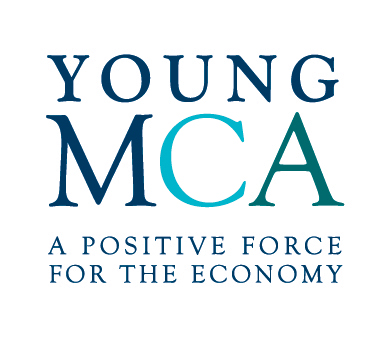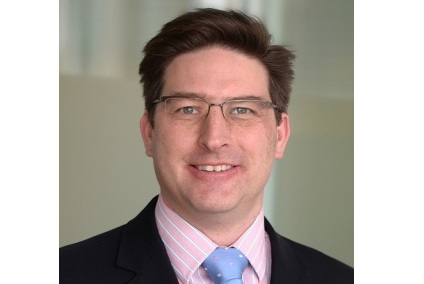.
Company: EY
Years in Consulting: 15
Job title: Partner
University: Cambridge, then MBA at Manchester
Degree: Geography
Location: Bristol (and Whitehall)
Tell us a bit about your career journey.
I left Cambridge in 1991 with a hangover, some great friends and a 2.ii, in the middle of a recession. I eventually convinced Yorkshire Water to take me on as a Graduate and spent five years there, working out how big organisations worked and how to change them.
I left YW to do my MBA in Manchester (I redeemed myself with a Distinction, to show I could work if I wanted to!) and made my planned move into consultancy, joining A.T.Kearney in 2000 as an intern, then full time. I fell – initially perhaps unexpectedly – into public sector consultancy, working with benefits, tax and defence, before moving to EY in 2006 to help set up EY’s consultancy practice and also EY’s public sector practice in one, both effectively from nothing.
At EY I have focused on homeland security, policing and justice, but also lots of other roles and successes as part of a growing business. I was made a partner in July 2013 and joined the MCA as EY’s council member, then a board member later that year.
I’m married with two boys and live in Bristol, commuting to London daily about four days a week.
What sector experience have you had and what sectors do you specialise in?
I started a career in consultancy to get work with blue chips and to see how I got on. I ended up digging UK government out of various holes with their transformation programmes and eventually found I loved it – more and more. For many years I’ve been completely passionate about transforming public services – but then who wouldn’t be when you’re helping to keep the country safe and secure, helping young people to stop offending, etc?
What do you enjoy most about working in a large consultancy?
A mid-size global consultancy like AT.Kearney had a real sense of one team across the world, and a strong culture and identity to go with it.
A big firm like EY helps you feel you’re big enough to really make an impact and change the world, but still feel as though you can innovate, be entrepreneurial and build your own business.
Have you worked in industry?
I started my career as a graduate recruit into a water utility – sounds easy, but then we did run out of water in 1995 (the drought in Yorkshire), which rather tested your loyalty and problem solving! I soon moved into internal consulting roles and found I loved those, finishing with a role in YW’s company-wide transformation.
I was lucky enough to work for some senior managers with some real vision and was one of those people to have been given real stretch development opportunities by them. With the right attitude, I believe you can make your own luck to some extent in getting those roles, but here’s nothing like being given that stretch to really get your development and personal brand motoring.
It was great experience being client side in a big transformation programme – seeing what it’s like on the receiving end. But I wanted to accelerate my development and experience by working with lots of different organisations – so after five years I made the classic move into consulting via an MBA.
What has been the biggest change in Consulting since you started your career?
I’m not sure I’m THAT old! I think I’d pick out a move in public sector consulting towards buying real specialism rather than leveraged teams.
What is the best piece of advice you have received?
“Think about being a consultant as being a bit like being self-employed”. To some extent you have to have figured out what this means to know why it is insightful! For instance, it’s about understanding what a massive range of options and flexibility you have in your career, and about how important your personal brand and relationships are.
What advice would you give young consultants?
Take the opportunities on offer and make the best of them. It’s not always very feasible to plan next steps in a career in consulting in any great detail, when you first start out. Sometimes you have to be patient and seek the opportunity every situation presents (even if it’s with a client or a project or a location that doesn’t immediately feel right for you). Being proactive, positive and professional at all times is a great way to learn, develop and get noticed. Quality and commitment always shines through in consulting.
This interview was published as part of the Young MCA Update.

